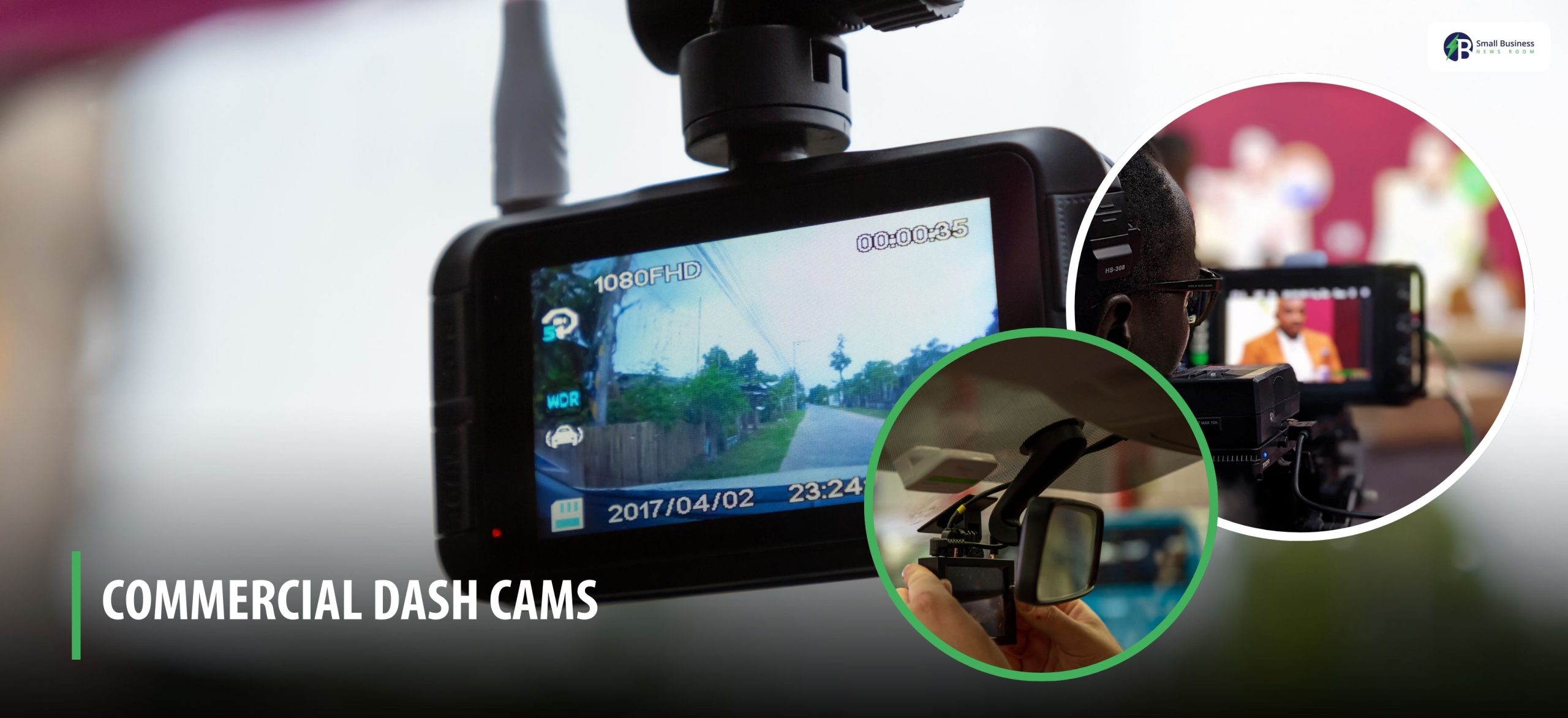Table Of Contents
- Dash Cam Privacy: Harnessing Technology For Road Safety
- Privacy Concerns Amidst Surveillance
- Legal Landscape And Consumer Awareness
- Ethical Considerations And Best Practices
- Technological Innovations And Future Directions
- A Balanced Road
- Real-Life Instances Where Dash Cameras Were Installed
- Why Companies Are Using Dash Cameras
- The Human Side – What Drivers Think
- Issues Related to Privacy in Daily Life
- Helpful Tips for Using Dash Cams Responsibly
- Future Developments – What Comes Next for Dash Cams?
How Are Commercial Dash Cams Enhancing Safety While Addressing Privacy Concerns?
Last Updated on: September 16th, 2025
In recent years, the emergence and rapid advancement of dashboard-mounted cameras, commonly known as dash cams, have significantly impacted the way we perceive road safety and privacy.
Originally designed for law enforcement, dashcams have found their way into commercial and private vehicles, offering an array of benefits and raising important questions about surveillance and data security.
Dash Cam Privacy: Harnessing Technology For Road Safety
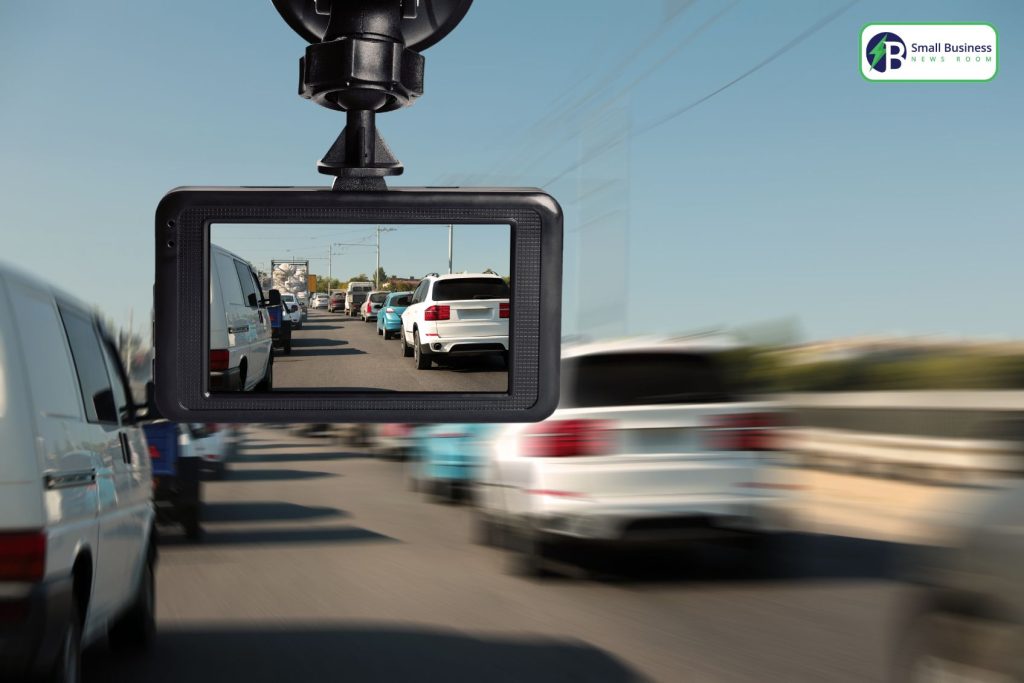
The primary purpose of a dashcam is to record details of road incidents, providing irrefutable evidence in the case of accidents or disputes.
This technology has proven invaluable for commercial vehicle operators.
The presence of a commercial dash cam not only encourages safer driving habits but also serves as a critical tool in insurance claims and legal proceedings.
It’s a digital eyewitness that offers clarity in complex situations, often leading to quicker resolutions and fostering a culture of accountability on the roads.
Privacy Concerns Amidst Surveillance
Nevertheless, the extensive use of dash cameras leads to privacy issues. Even though these devices make the streets safer, they can still be a danger to the citizens’ privacy rights.
Whether it is for a car accident or recording an unexpected scene, dash cams keep capturing images all the time.
The concept of dashcams is somewhat controversial as they ensure safety for the public while safeguarding the rights to personal privacy, a compromise which has not yet been reached entirely.
Legal Landscape And Consumer Awareness
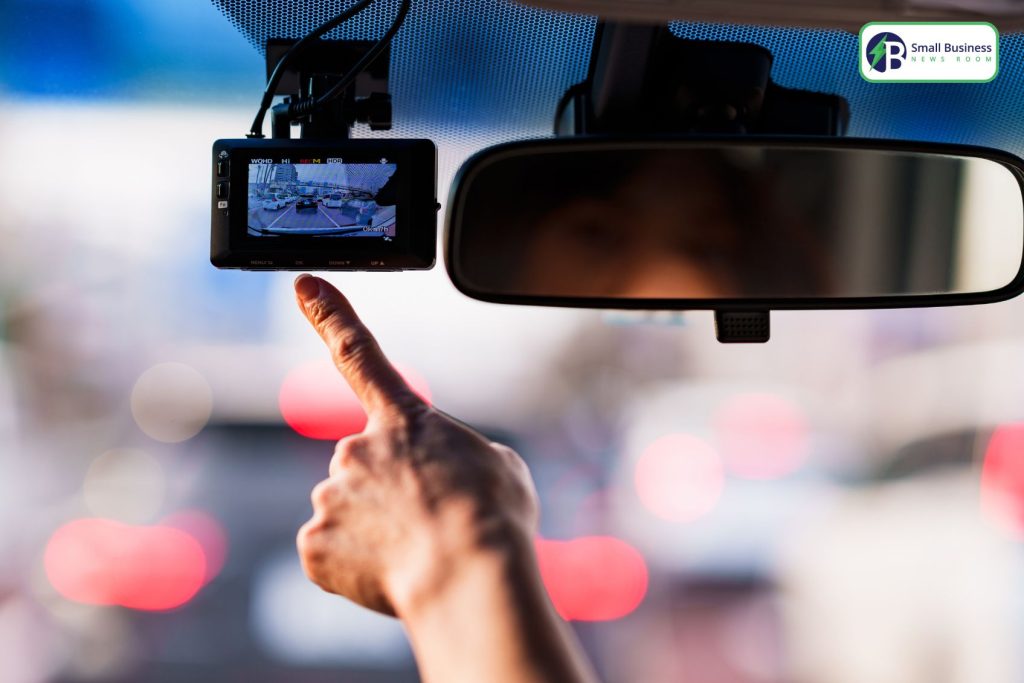
The legality of dashcam use is a major concern that changes a lot from state to state and from country to country.
Strict laws governing the usage of the recorded footage exist in some places, while there are regions with less strict regulations.
Both consumers and businesses need to keep up with the laws relating to dashcams to be sure that they do not break the privacy laws without knowing it.
This is very important in properly using the dashcams for the great benefits they offer, and at the same time respecting the privacy of the people.
Ethical Considerations And Best Practices
The ethical use of dashcams is, generally, more important than the legal use. It means that apart from following all the rules, the user should respect the privacy of other people who appear in the video and ensure that the data is secured.
Businesses need to create comprehensive policies addressing issues such as who is allowed to look at the footage and for what purposes.
Besides, being a step towards transparent and ethical practices, informing the passengers or employees about the presence of the dash cams is.
Technological Innovations And Future Directions
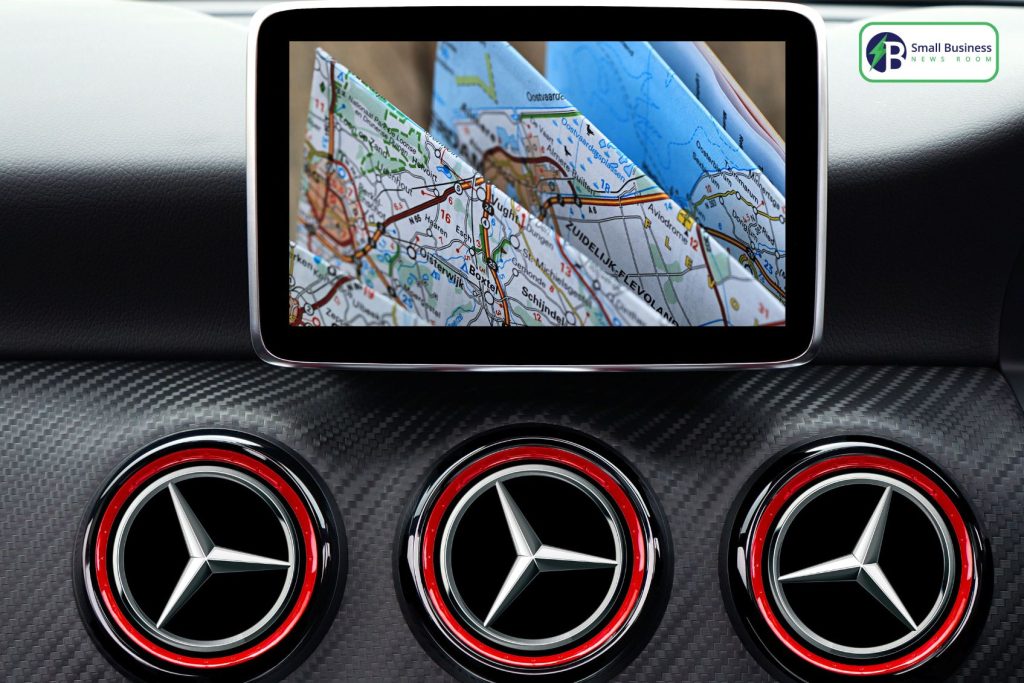
The introduction of new technology is always accompanied by the need for better dashcams.
The future versions of dashcams may include such advanced capabilities as cloud storage, live streaming, and sophisticated analytics.
Though these developments can lead to the realization of the efficiency and utility potential of the devices, they also spark additional privacy concerns.
If dashcams’ technical progress is to be matched by the establishment of the pertinent rules and ethical principles for the protection of individual privacy, then it should be done before the advanced dashcams are put to use.
A Balanced Road
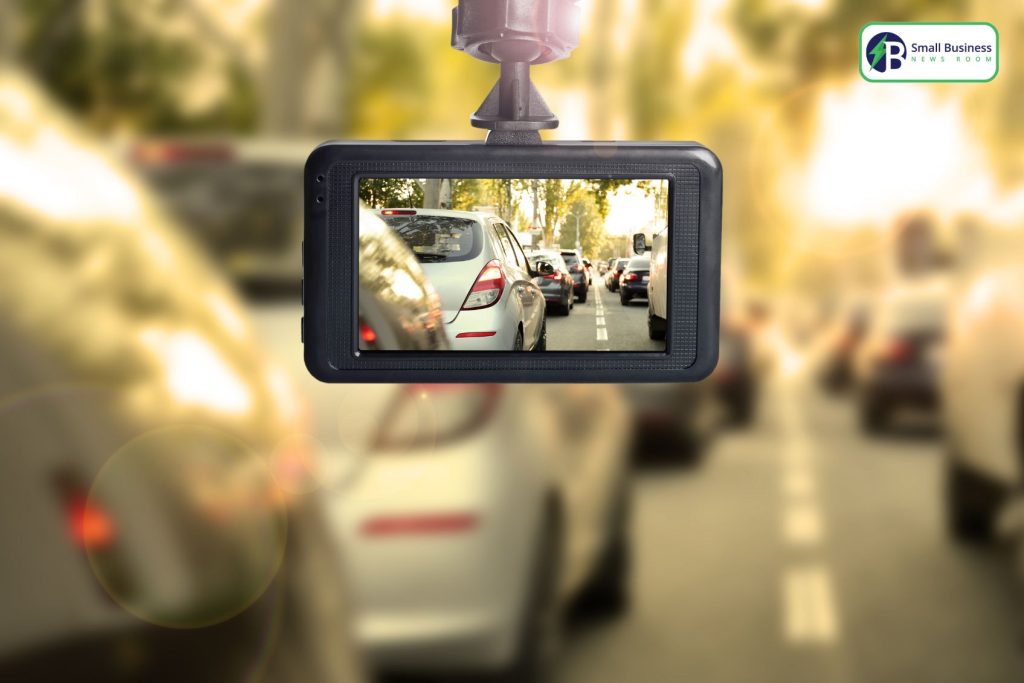
Commercial dashcams have been successful in the deployment of safety measures. But it doesn’t end there!
They are also addressing the privacy concerns that have inevitably become intertwined with this technology.
Besides, the privacy concerns that go along with these devices cannot be dismissed! Although these devices are good in promoting road safety. Moreover, it provides important legal evidence in a quick and easy way.
In the future, the balanced approach consisting of taking advantage of this technology while dealing with the privacy concerns it creates relentlessly and responsibly is what we need.
The fate of dash cams depends on this very compromise. This ensures safer roads without infringing on the right to privacy.
Real-Life Instances Where Dash Cameras Were Installed
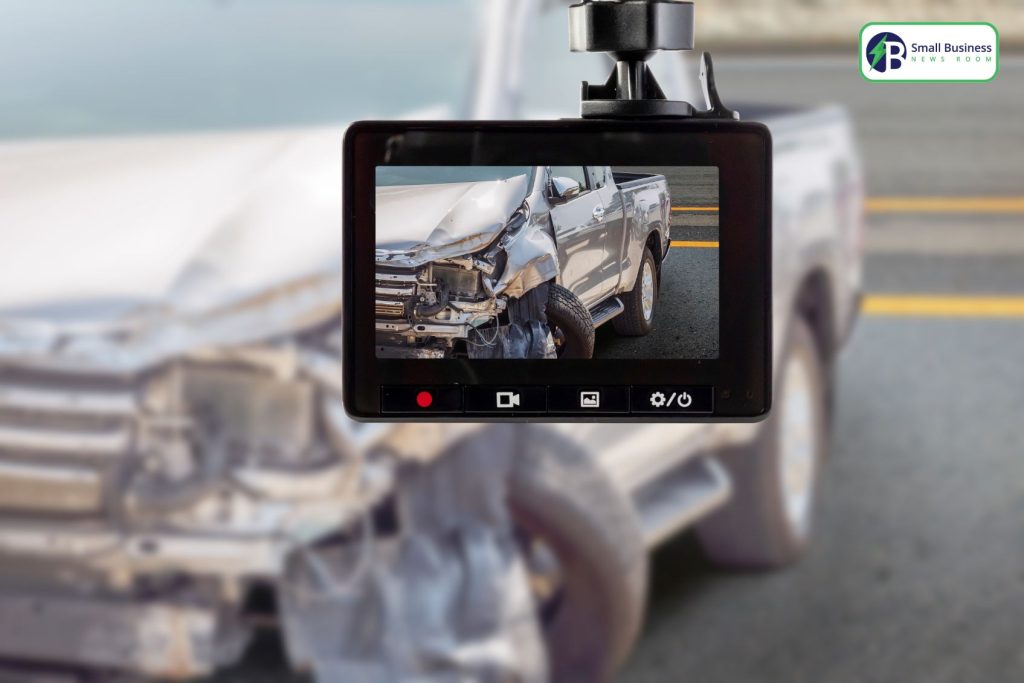
We can theorize about dash cams all we want, but real-world consequences become evident when dealing with ordinary situations.
Imagine this routine scenario: a delivery truck has a minor fender bender at a busy intersection.
Without a dash cam privacy presence, the accident becomes a routine “he said, she said” dispute that takes weeks to resolve through the insurance process.
When there is a clear videographic record, however, the story makes perfect sense; the tape acts as clear evidence of what did happen.
Most fleet operators speak about how the dash cams saved them a fortune in legal expenses.
One entrepreneur explained how installing the cameras helped get their drivers more cautious, and consequently, there were fewer accidents. This implies that the camera is not just capturing footage; it is actually encouraging safer driving.
Why Companies Are Using Dash Cameras
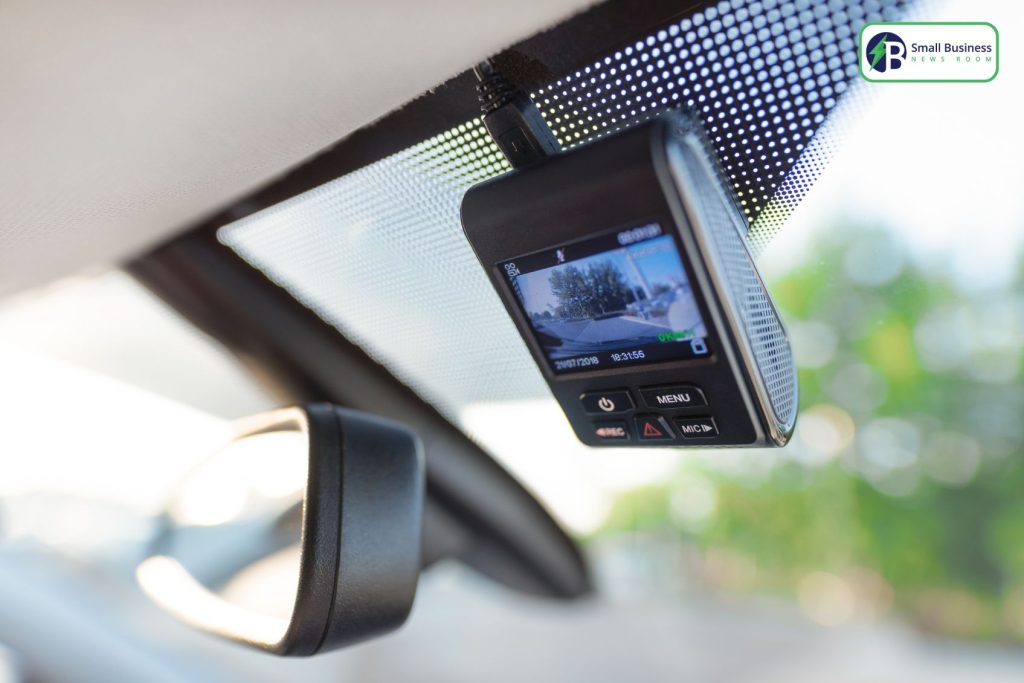
For companies, dash cams became indispensable very quickly. They are not only used to capture accidents; they foster a culture of responsibility.
Fleets, such as delivery vans, ride-trip vehicles, or logistic lorries, use dash cams to
- Monitor driving habits
- Routes taken
- Safe use of vehicles.
The payoff goes beyond safety. When traffic flows better and you’re less likely to take chances on the road, businesses generally spend less on gas, experience less auto damage, and pay lower repair bills.
Insurance providers generally regard businesses that invest in dash cams more favorably, meaning reduced insurance expenses.
So it’s not only a safer feeling–it’s also saving money and doing the job more efficiently.
The Human Side – What Drivers Think
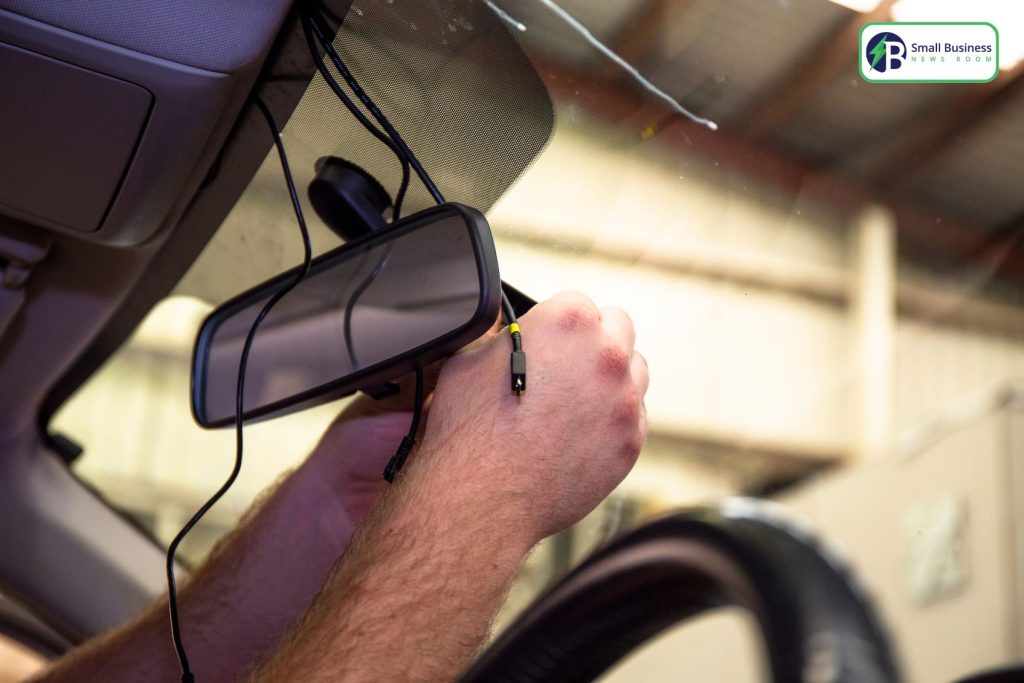
Even though they are perfectly rational from a business standpoint, the story looks different when you’re the driver.
Other people do not want to be constantly recorded and think that you don’t trust them. Nobody likes the feeling of constant monitoring 24/7 when the majority of drivers do a pretty good job on the road anyway.
That’s why it’s crucial to communicate. The businesses must stress the fact that dash cams are not about catching errors, but about security.
When the driver is incorrectly blamed for reckless driving or a traffic infringement, that small camera can be the best defense.
As a matter of fact, numerous drivers who were originally doubtful acknowledge the fact that when a dash cam privacy exonerated them in the case of the accident, they became the most avid supporters of using the device.
Issues Related to Privacy in Daily Life
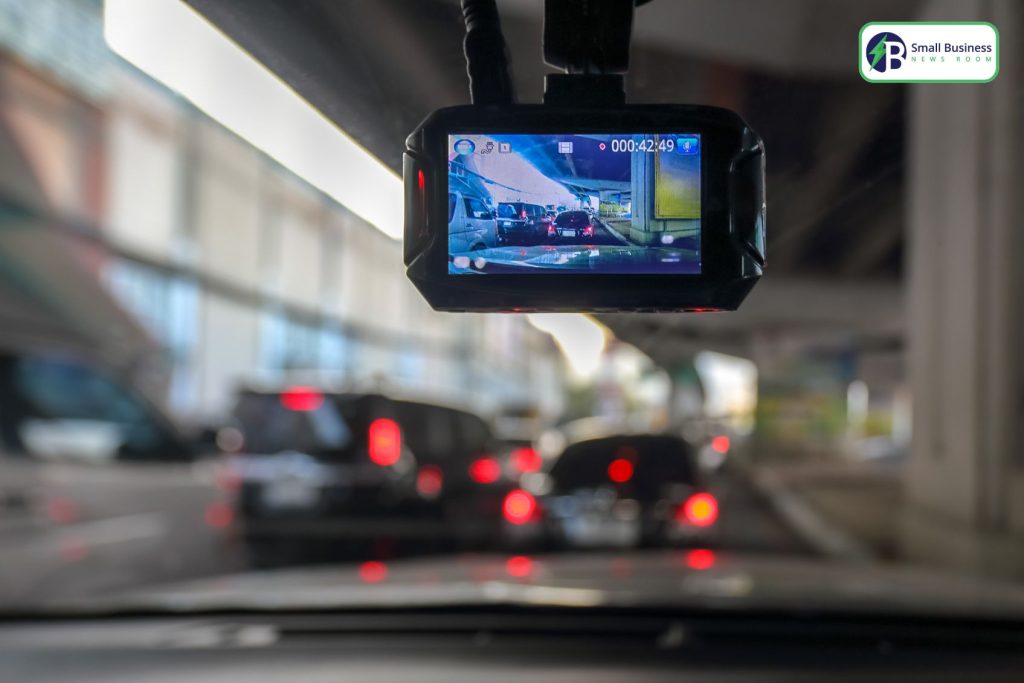
Things get complicated at this point. Dash cams don’t merely capture what is going on on the road; they capture what is in sight in front of them.
This can be pedestrians going for a walk on the road, personal driveways, or kids at play outside.
Although most of the footage is safe and not staged, this presents a very good question: how much daily observation is too much?
It’s a delicate weighing-up. On the one hand, dash cam privacy make roads safer and result in fairer conclusions following crashes.
On the other hand, they may inadvertently capture individuals who did not consent to be recorded.
This is why privacy campaigners usually instruct us that just because technology can capture all, it doesn’t mean it must.
Helpful Tips for Using Dash Cams Responsibly
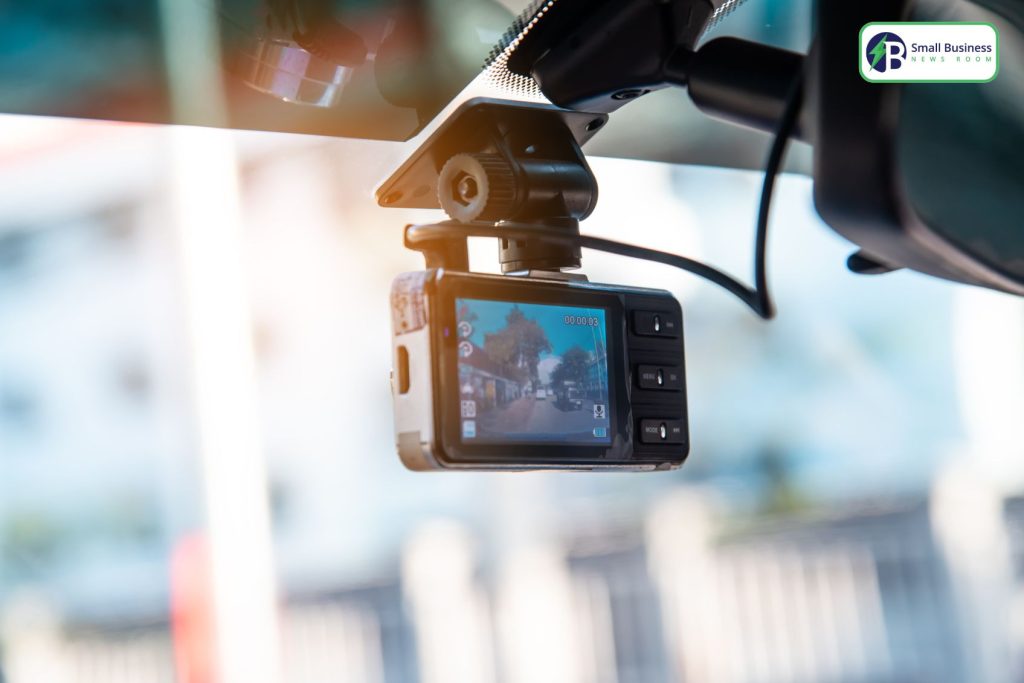
If you are thinking about getting a dash cam, or if you already have one installed, there are some good recommendations you should take in to an account:
- Learn the local laws – It is illegal in some jurisdictions to tape audio without consent, even when you’re in your own vehicle.
- Be transparent – If you operate a company, let the employees and travelers know that there are dash cams installed. This promotes trust.
- Beware when dealing with data – Safeguard your videos and do not keep them longer than you must. You should delete archives you do not need.
- Consider before you share. It may be entertaining to put dash cam footage online if something hilarious or eventful occurs. However, keep in mind that it may be an intrusion on other individuals’ privacy.
By following these steps, you can enjoy the benefits of dash cams while staying in a comfortable and ethical area.
Future Developments – What Comes Next for Dash Cams?
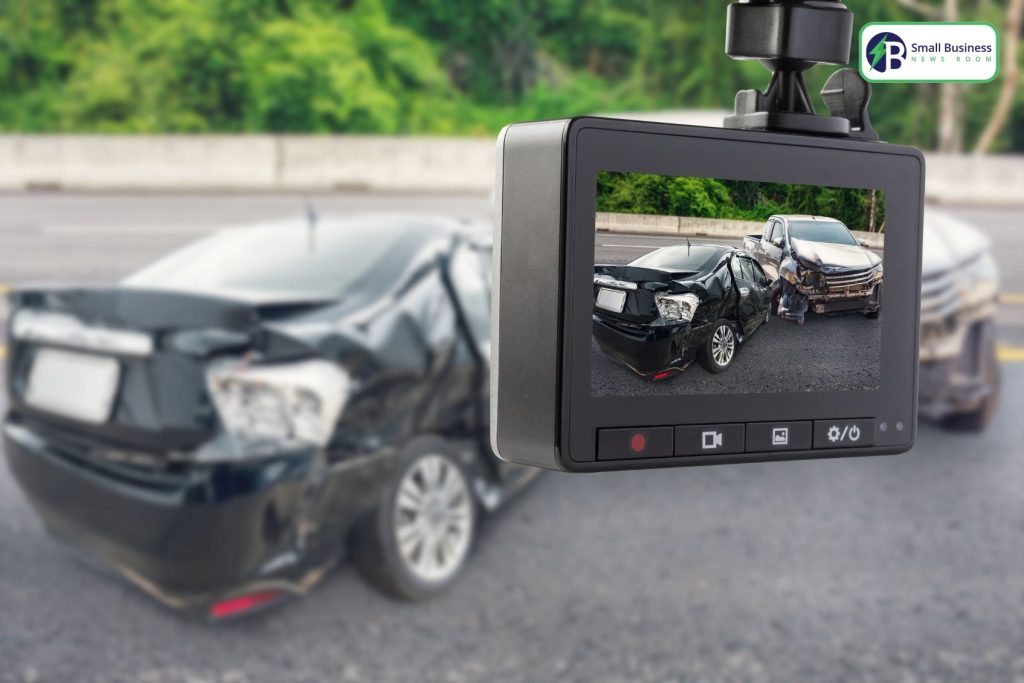
Dash cams are rapidly evolving. The latest models not only capture footage; they process it too.
Envision a camera that can discern if the driver is drowsy, will automatically summon assistance if the vehicle crashes, or utilizes AI to detect hazards prior to them happening.
Such functions are undergoing trials today and will become mainstream soon. Another big trend is integration with the cloud.
Instead of storing everything on a memory card, future dash cams will be able to upload videos automatically to safe servers.
That will be less hassle when you want to share them with the insurance company or the police.
These new trends do pose new questions about privacy, though. The more advanced the tech becomes, the more concerned we should be about who can see all this information.






